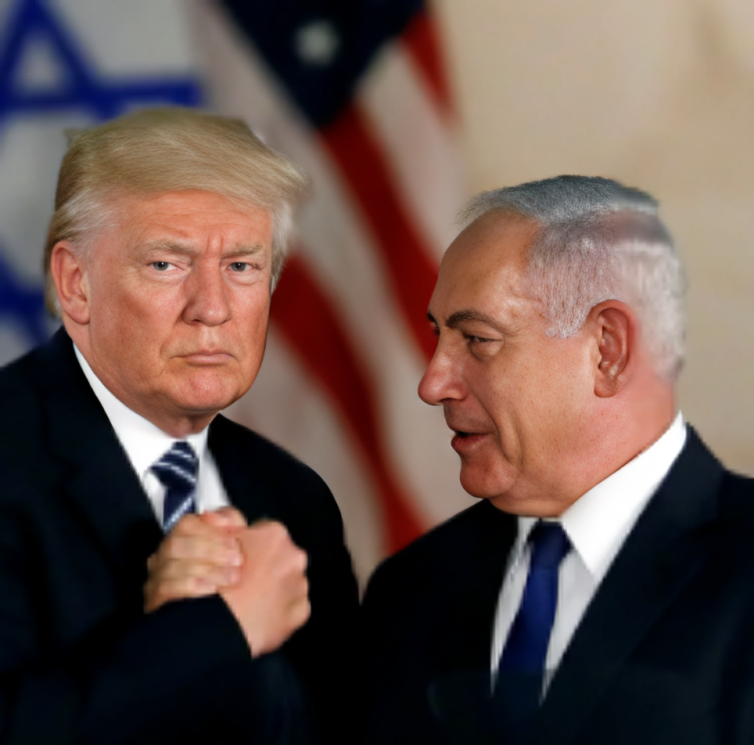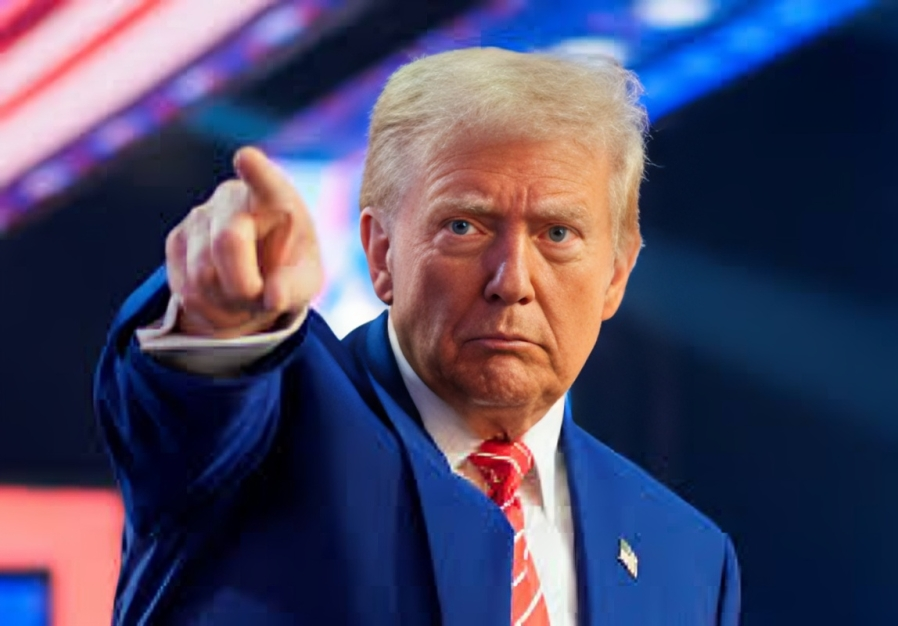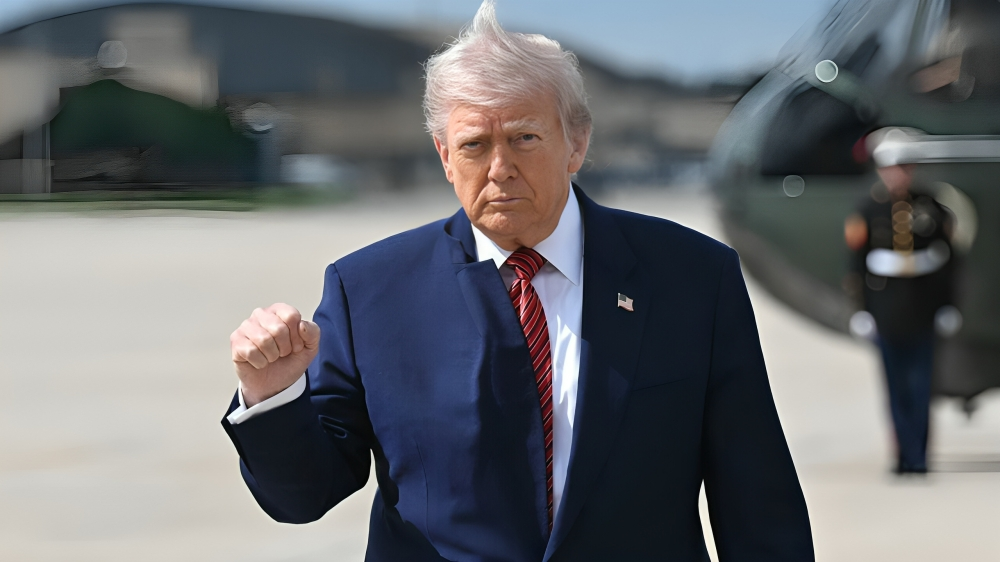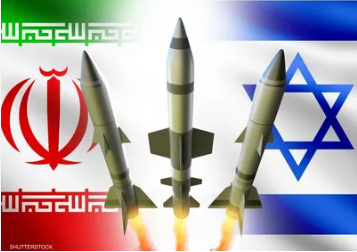 There is a prevailing belief in Tel Aviv that former U.S. President Donald Trump—whether in his current capacity or in the event of a renewed presidential bid—will seek to be seen as a decisive actor during this critical phase, rather than a passive observer. This stance is thought to be driven by domestic considerations related to his political image and influence on American and international public opinion.
There is a prevailing belief in Tel Aviv that former U.S. President Donald Trump—whether in his current capacity or in the event of a renewed presidential bid—will seek to be seen as a decisive actor during this critical phase, rather than a passive observer. This stance is thought to be driven by domestic considerations related to his political image and influence on American and international public opinion.Meanwhile, Israeli Prime Minister Benjamin Netanyahu is expected to hold a closed security meeting at a secret bunker at 10 p.m., with the participation of top security and military officials. This is part of the nightly briefings convened by the country’s small war cabinet, which is tasked with managing the ongoing escalation with Iran. These meetings have become almost daily occurrences due to rapidly unfolding developments and concerns over a potential large-scale escalation. Field and political indicators suggest that Israel is preparing for a more complex phase of confrontation with Tehran, amid anticipation that major international powers may become involved in upcoming military operations—potentially reshaping the security and political landscape of the Middle East in the near future.
Field and political indicators suggest that Israel is preparing for a more complex phase of confrontation with Tehran, amid anticipation that major international powers may become involved in upcoming military operations—potentially reshaping the security and political landscape of the Middle East in the near future.





